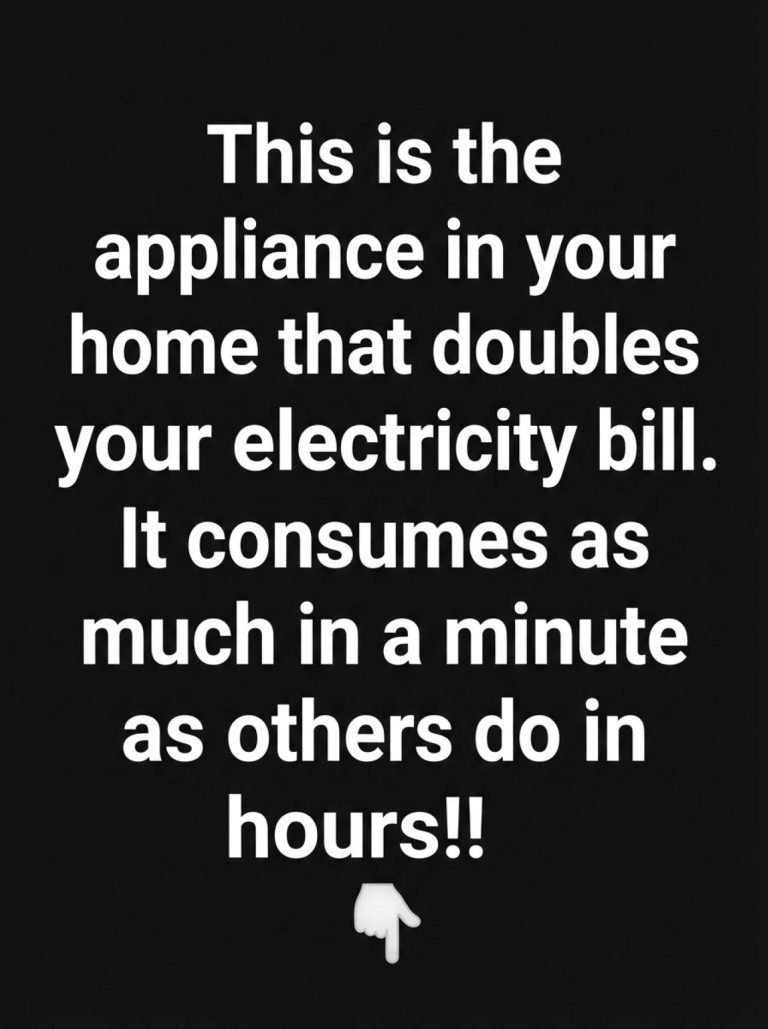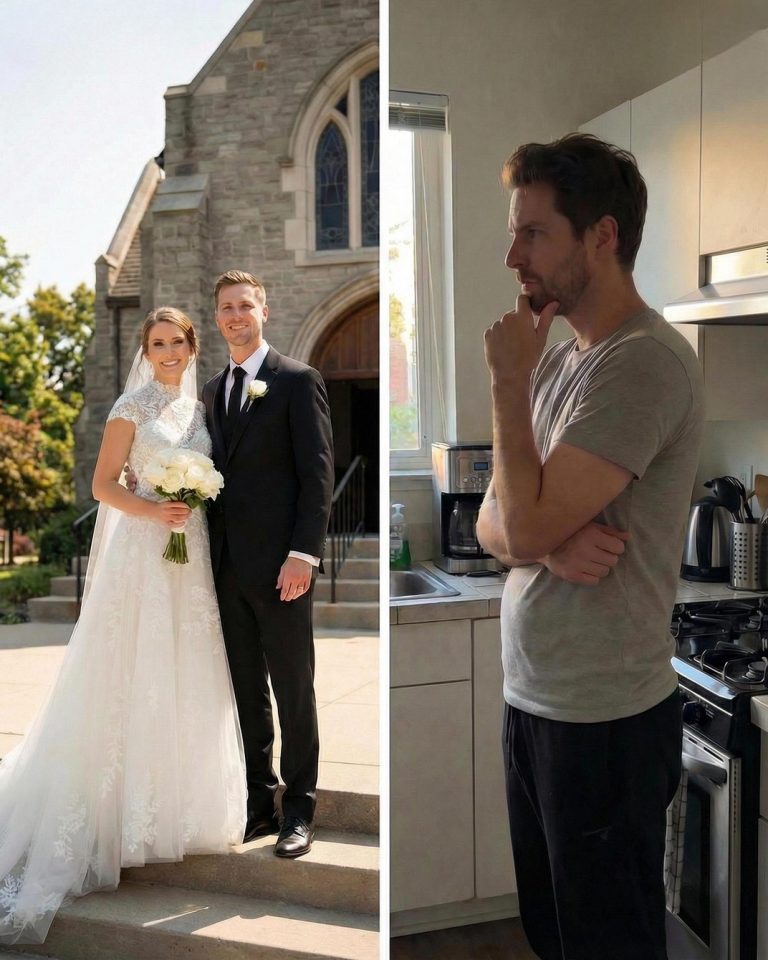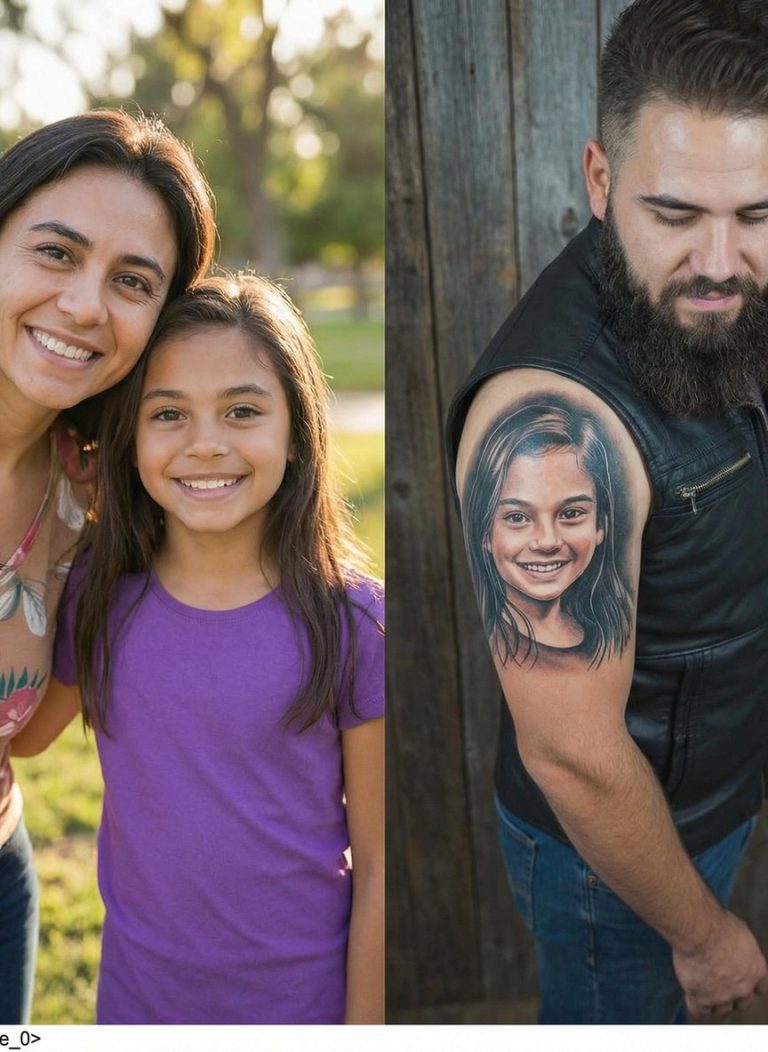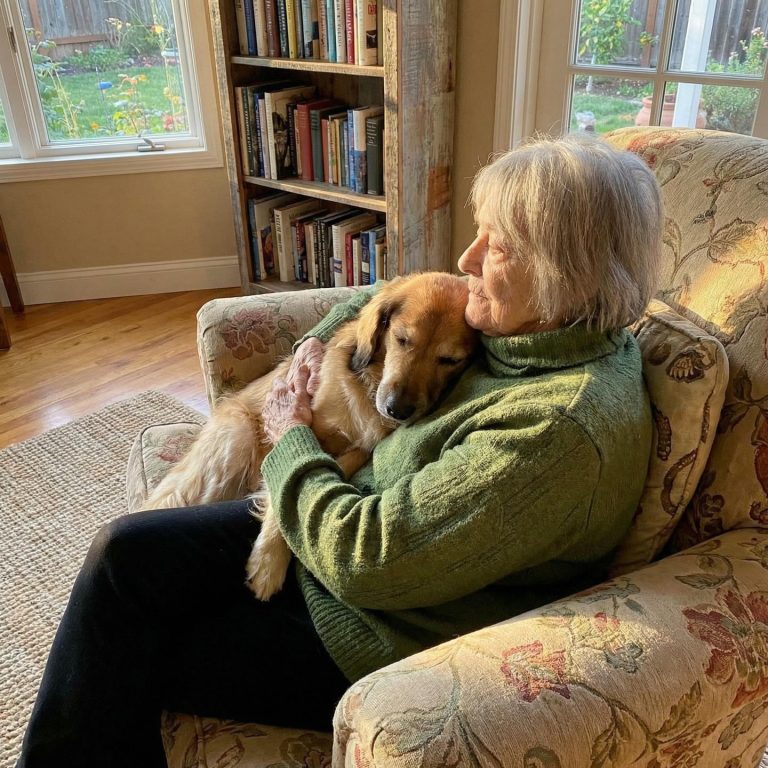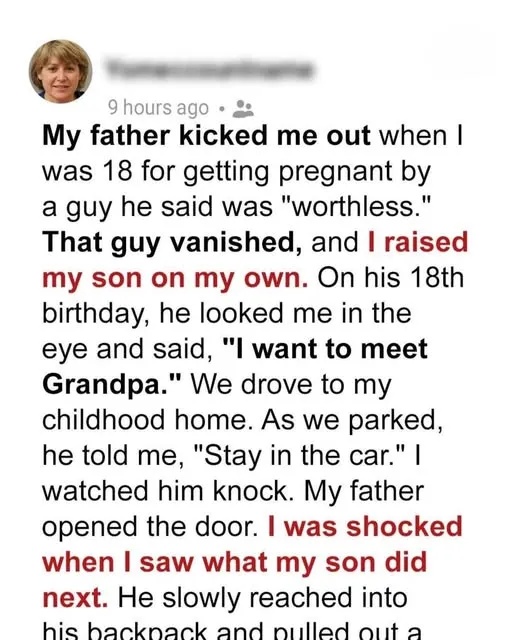
When I was 18, my father kicked me out.
He stood there, arms crossed, face hard as stone, as I clutched the small bag of clothes I’d packed in a panic.
“You made your bed, now lie in it,” he said coldly. “You got pregnant by that worthless boy? Then you’ll raise the baby yourself.”
His words burned into me like fire.
The guy who had promised he’d “always be there” had already vanished. My calls went unanswered, and his number was soon disconnected. I was alone — terrified, heartbroken, and carrying a child I hadn’t planned for but already loved.
The Years That Followed
Those early days were the hardest of my life.
I slept on a friend’s couch for months, working late shifts at a diner to save enough for a small apartment. Every penny went to diapers, formula, and secondhand baby clothes.
There were nights when my son, Daniel, and I fell asleep to the sound of the neighbor’s TV, the two of us curled together under one thin blanket.
But every morning, when his tiny hand grabbed my finger and his eyes lit up, I knew I had something worth fighting for.
I promised him two things:
- That he would never feel abandoned the way I had.
- That I would never stop believing in his future — even when I didn’t believe in my own.
The Boy Who Became My Strength
Daniel grew up fast — maybe too fast.
He never asked for much, always aware that money was tight. When other kids got new bikes, he’d fix up old ones from garage sales. When his shoes wore out, he said, “It’s okay, Mom. They still work.”
By the time he was a teenager, he was helping me pay bills by working after school at a local hardware store.
Sometimes, he’d come home tired, his clothes dusty, and say, “Don’t worry, Mom. I’ve got us.”
Every time he said that, I felt both pride and guilt. Pride that I’d raised a boy so strong, and guilt that he had to grow up before he was ready.
The 18th Birthday
On the morning of his 18th birthday, Daniel came into the kitchen while I was making pancakes.
He looked unusually serious.
“Mom,” he said, “I want to meet Grandpa.”
The spatula nearly slipped from my hand. I hadn’t seen or spoken to my father since the day he threw me out. I didn’t even know if he’d want to see us.
I hesitated. “Daniel… are you sure?”
He nodded. “Yeah. I need to meet him. For me.”
Something in his voice told me not to argue.
The Drive Home
We drove two hours to the small town I grew up in. I hadn’t been there in nearly two decades. Every street, every house, held a memory — some sweet, most painful.
When we finally pulled up in front of the old white house with peeling paint, my hands started to shake.
Daniel turned to me and said, “Mom, stay in the car.”
I frowned. “Why?”
He gave me a reassuring smile. “Just trust me, okay?”
And with that, he stepped out, clutching his worn backpack.
The Confrontation
From the car, I watched as my son walked up the cracked front steps and knocked on the door.
A moment later, it opened. My father stood there — older, grayer, but with the same stern posture.
Even from a distance, I could see the flash of recognition in his eyes.
Daniel spoke first. I couldn’t hear the words, but I could see the way my father’s expression shifted — first surprise, then guilt, then something softer.
Then Daniel slowly reached into his backpack and pulled something out.
I leaned forward, heart racing.
It was a photo — the only one I had of my father holding me as a baby.
I’d kept that photo hidden for years, folded and worn, but somehow, Daniel must have found it.
He handed it to my father.
And then, I saw his lips move.
Even from afar, I could read the words:
“She did it alone. You should thank her.”
Tears on the Porch
My father froze, staring at the photo. Then, for the first time in my life, I saw him crumble.
His shoulders slumped. His hand went to his mouth. And then… he started to cry.
He motioned for Daniel to wait, then disappeared inside.
A minute later, he came back holding something small — a box.
Daniel opened it and looked down, then nodded.
I watched as my son reached out, shook his grandfather’s hand, and then turned to walk back toward the car.
What Was in the Box
He got in and sat quietly for a moment before speaking.
“I think you should have this,” he said softly, handing me the box.
Inside was an old, tarnished locket — my mother’s locket.
She’d passed away when I was a teenager, and I thought it had been lost forever.
My father’s voice called out from the porch, shaky but clear:
“I kept it for you… all these years. I just didn’t know how to say I was sorry.”
Tears filled my eyes as Daniel squeezed my hand.
“He knows now,” my son whispered.
A New Beginning
That visit didn’t fix everything overnight. Years of silence can’t be erased in one afternoon.
But it opened a door.
My father started calling, first once a month, then more often. He came to Daniel’s high school graduation. He even met my friends — the ones who had become my chosen family.
He apologized one day, his voice trembling. “I thought I was teaching you responsibility. But I only taught you loneliness. You didn’t deserve that.”
And I told him the truth: “Maybe. But I learned strength. And I raised a man who forgave you before I could.”
Eighteen Years Later
Now, when I see Daniel with his own little boy, I realize the full circle we’ve come.
He’s patient, gentle, and endlessly loving — everything I ever hoped he’d be.
And sometimes, when my father visits, he sits quietly beside me, watching Daniel play with his son.
Once, he leaned over and said, “He’s a good father.”
I smiled. “He learned from the best — and from our mistakes.”
He nodded slowly, eyes glistening. “Thank you… for not giving up on me.”
And I finally realized something I’d spent half my life trying to understand:
Forgiveness doesn’t erase the past — it redeems it.
